INSPIRING FUTURE FARM LEADERS
The AdvancingAg Future Leaders program is now accepting applications.
The AdvancingAg Future Leaders program is now accepting applications.
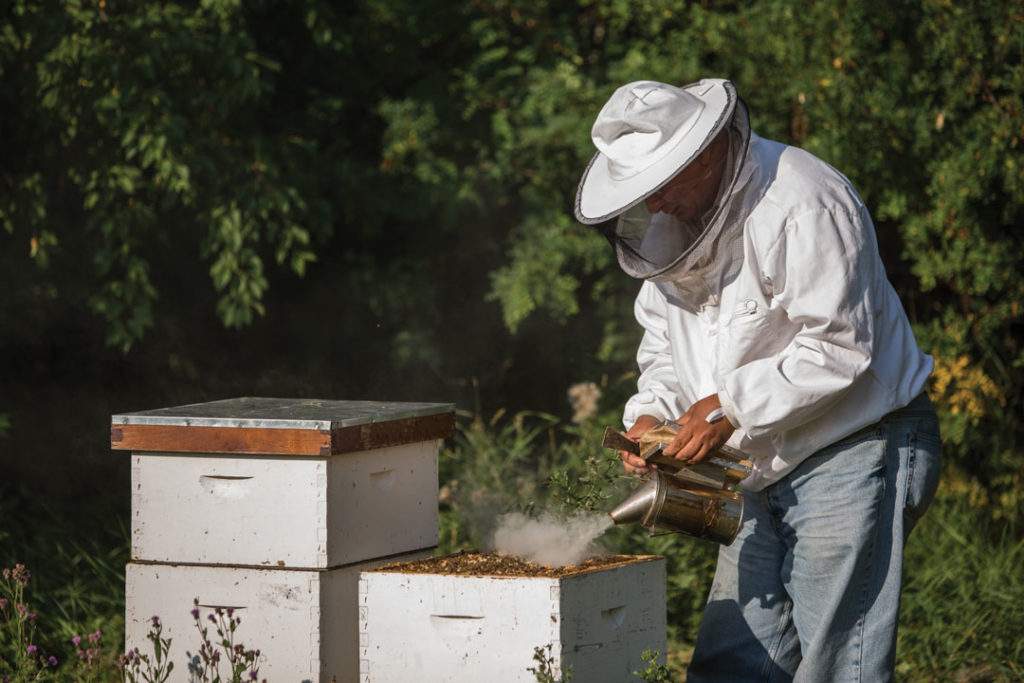
While the mainstream media continues to paint a dire picture of honeybee populations in North America, commercial beekeepers in Alberta celebrated record hive numbers as the summer of 2017 came to a close. What makes the news even sweeter is that the robust season came directly on the heels of devastating winterkill the previous year.
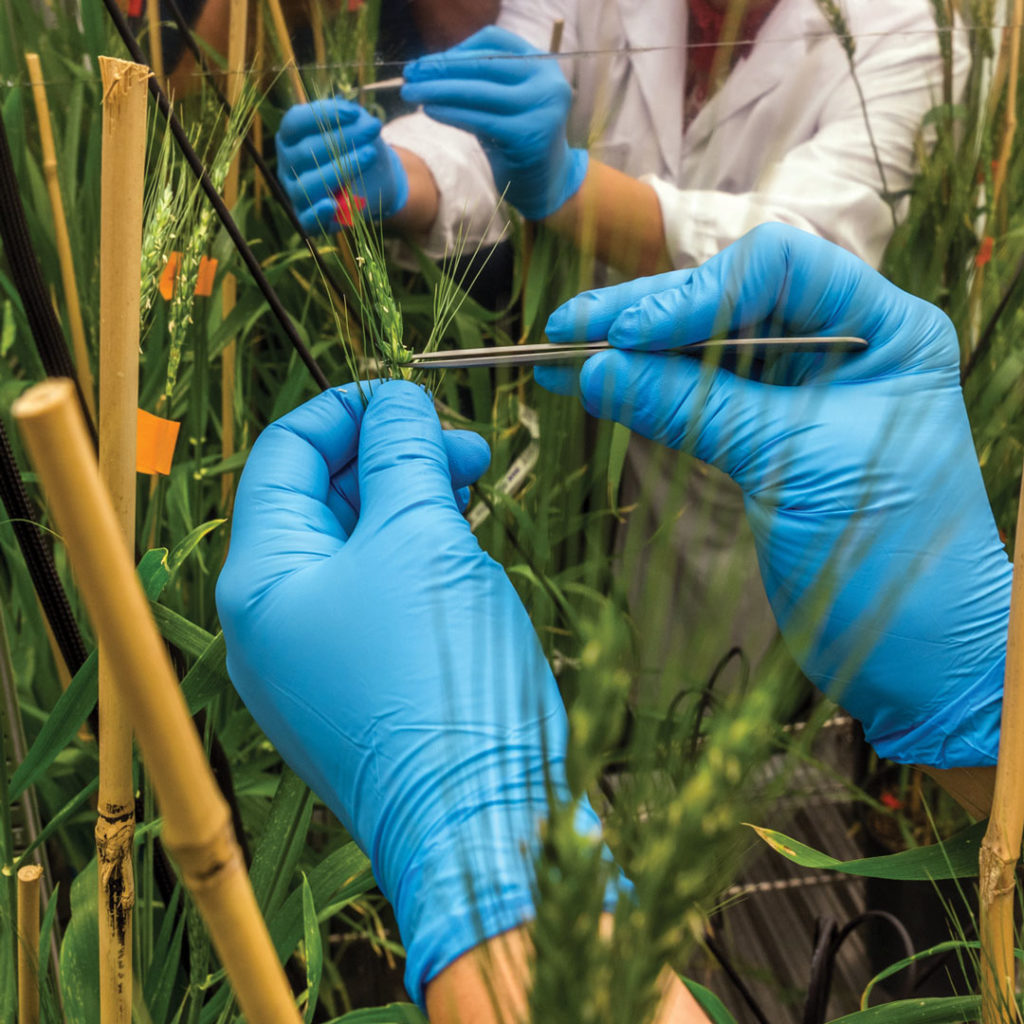
Extremely dry conditions across the southern Prairies in the 2017 season resulted in surprisingly good yields for most wheat farmers. Prairie crop commissions credit the successful harvest to both ongoing research efforts that have produced drought-resistant plant varieties and farmers who have made the best use of soil health and conservation practices.
Public trust is a funny thing. You can’t touch, taste, smell, feel or see it, but it’s there. It’s always there. With no concrete traits, the concept of something as large as public trust can be hard to gauge, yet it has become increasingly important to people and companies across all Canadian industries.
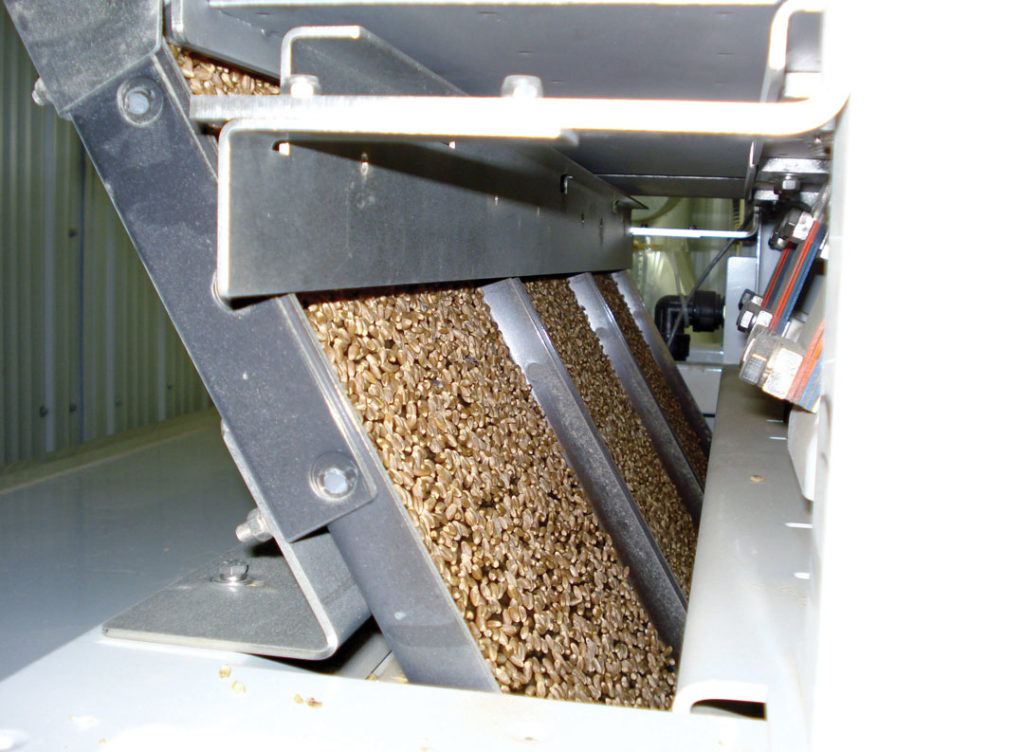
Stakeholders in the Canadian ag industry are optimistic that a potential free trade agreement (FTA) with China could vastly increase value, predictability and competitive edge in export. With other countries—including Australia, New Zealand and Chile—already securing FTAs with China, the potential for Canada to do so looks promising.
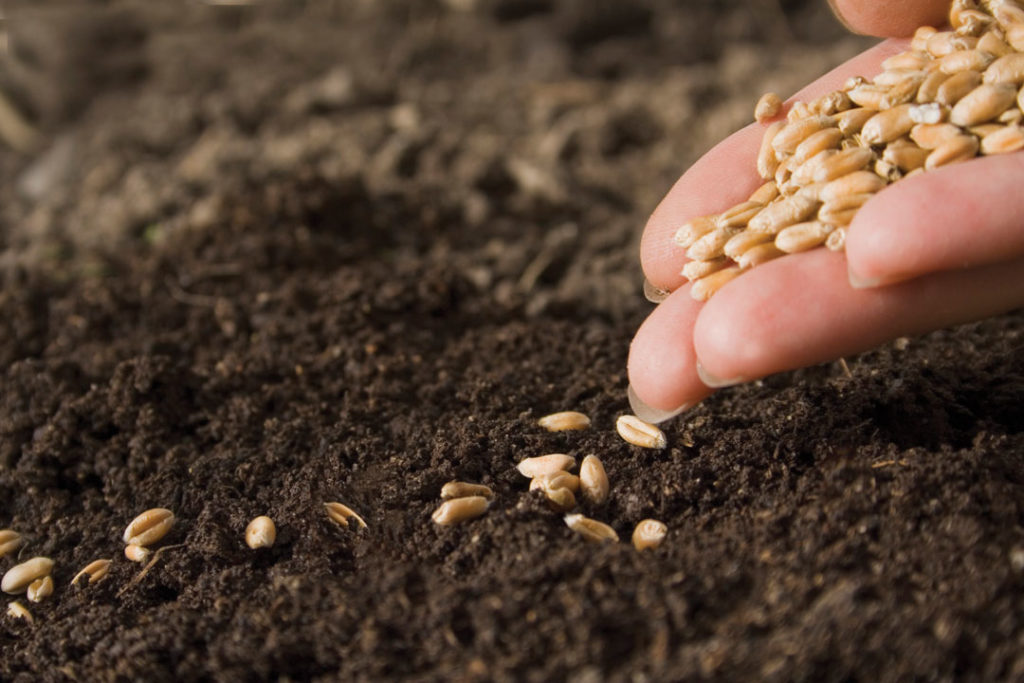
Central to the Canadian Seed Growers’ Association (CSGA) five-year Strategic Plan 2017-2023 is generating value for farmers in the operation of the nation’s seed regulatory and certification system. The plan was unveiled in July of 2017 following extensive consultations with CSGA membership, directors, staff and industry partners. In addition to outlining the organization’s priorities, it also provides a flexible, strategic framework that can respond to the evolving needs of the sector. “It will be reviewed and updated annually by our board in consultation with members, governments, the seed sector and other stakeholders,” said executive director Glyn Chancey.
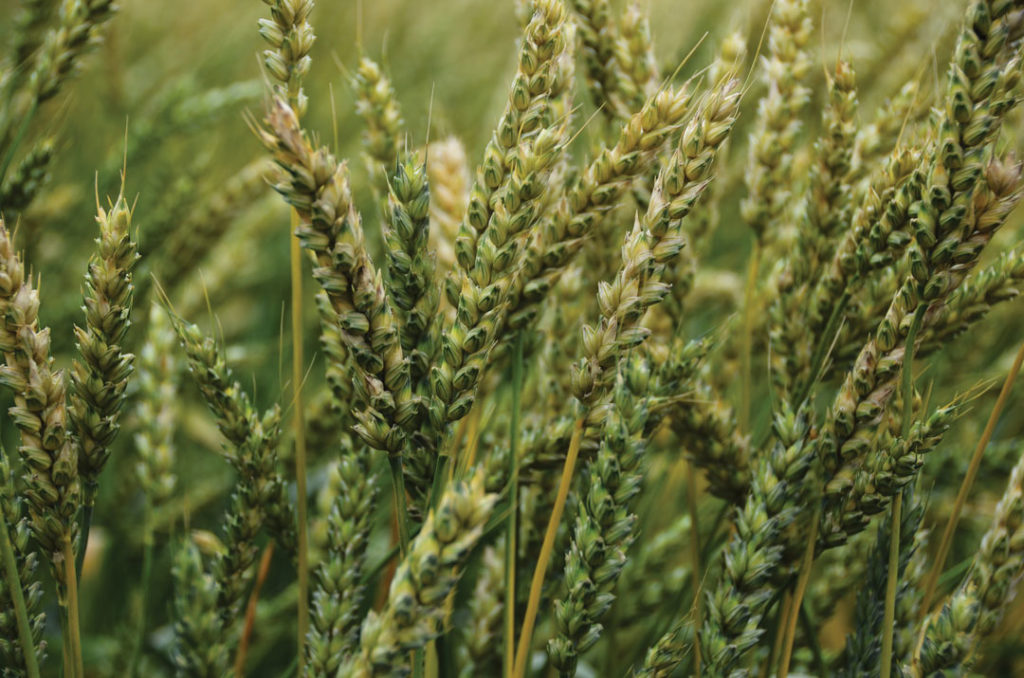
The Canadian Grain Commission (CGC) began modernizing Canada’s wheat classes in January 2016. Effective Aug. 1, 2018, 25 Canada Western Red Spring (CWRS) varieties and four Canada Prairie Spring Red (CPSR) wheat varieties will move to the Canada Northern Hard Red (CNHR) class. Some are concerned about the loss of varieties such as Lillian, a solid stem variety that stood up to sawfly. While concerns are valid, the plan was designed with the protection of quality and consistency in mind. Additionally, new varieties are expected to be available in the near future.

Farmers know that soils and crops exhibit variability. From Alberta’s first soil surveys in the 1920s to today’s vegetation and soil electrical conductivity maps, the mapping of these variations has influenced how farmers manage the multitudinous factors that affect crop yield.

Sustainability is a broad term. It is subjective, and can have different connotations based on the subject it is used to describe. In its very simplest form, it is defined as the ability to be maintained at a certain rate or level. This concept can be applied to virtually any aspect of the cropping industry, from economics to generational transition. Most importantly, it can be applied to agronomic practices. Most agronomic decisions made by farmers are made in an effort to be sustainable—to maintain crop production at a high level.

It’s often said that weather and government policy are the two biggest influences on grain prices. Weather obviously drives the supply side of the equation. And, as with most industries, government policy permeates all aspects of agriculture. Often, this shows up in subtle ways, like when crop insurance levels, transportation policy or biofuel mandates affect decision-making and prices. More dramatic market impacts are felt when, for example, a foreign government suddenly closes its door on Canadian grain.